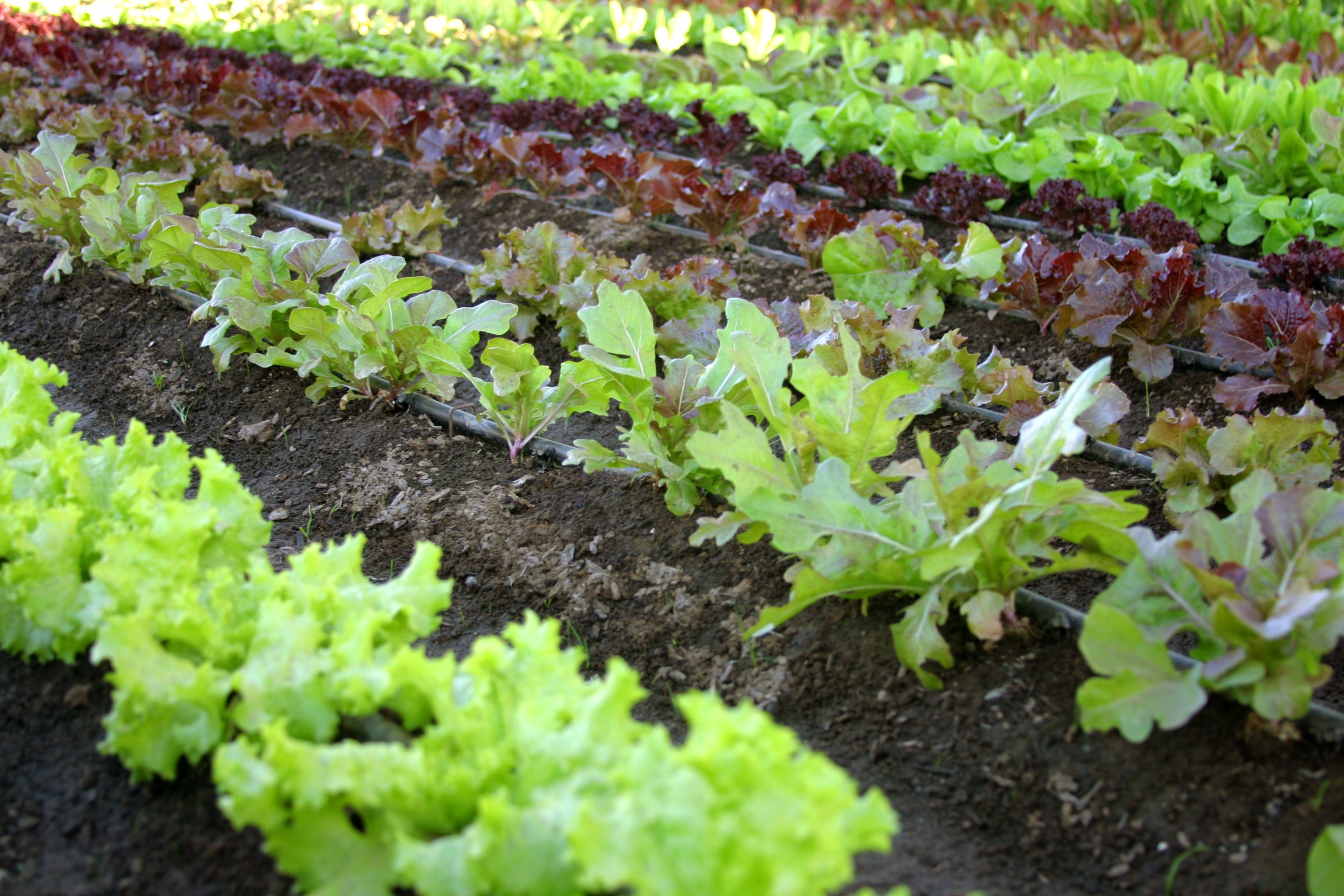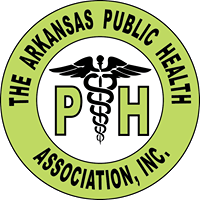
We’ve had the coffee talk before: coffee and all its delicious, bountiful benefits. But what about coffee’s alternative cousin, tea? Tea’s popularity spans across countries, races and cultures, from sweet herbal tea, to strong black tea.
Every different kind of tea—hot and cold—offers various health benefits and strengths. Sounds awesome, right? If you’re new to the tea game, here’s a breakdown of some of the main types of healthy teas and why you should start drinking them right away.
Black Tea
Black tea is the most common type of hot tea, as it accounts for about 75% of global tea consumption. It is the most oxidized of all the teas, and contains the most caffeine—about 40 milligrams per cup. Black tea also has high amounts of antioxidant compounds, which reduces stress, lowers the chances of cancer, decreases risk of heart disease and promotes healthy bone development. While black tea may be a little bitter for some taste-testers, adding a few drops of natural honey helps to sweeten it for a healthy pick-me-up.
Green Tea
Along with black tea comes another popular favorite: green. Commonly made from Camellia Sinensis, green tea is more delicate than black, and has a lighter flavor, with only 25 milligrams of caffeine per cup. Green tea is most known for its ability to boost immunity, but it also helps to reduce the risk of pancreatic and stomach cancers, lower chances of heart disease and stroke and even reduces cholesterol. For added benefits, drink green tea when you’re looking to increase brain function and focus.
Herbal Tea
Herbal teas aren’t technically teas at all, but are made from various combinations of dried fruits, flowers and herbs. There are lots of different kinds of herbal teas, depending on the herbs available in your region. They contain no caffeine, but the assorted variety of herbal teas can contain different benefits within themselves.
For example, chamomile tea is often used to promote sleep, and peppermint tea helps to calm an upset stomach. Be careful in choosing the right herbal tea for you, and avoid herbal weight-loss teas, as these may contain dangerous laxatives and could be harmful.
White Tea
White tea is the rarest form of tea, as its leaves are harvested before the buds have completely blossomed. White tea is less processed than other forms of tea, and therefore has a much milder flavor than other varieties, with only 15 milligrams of caffeine per cup. Like other teas, the antioxidants in white tea help lessen the risks of cancer, but its antibacterial abilities have an even greater effect in relieving stress than other forms of tea. And, if you’re interested in keeping up appearances, white tea is useful in slowing signs of aging and aids in weight management.
If you’re an avid coffee drinker, now may be the time to branch out and try some types of tea. Check out your community restaurant or cafe for fresh, local teas to test. Find a favorite flavor, or try them all for a good variety, and even more added health benefits. Tea has been around for centuries and across cultures, so find the perfect cup for you, and drink up.











